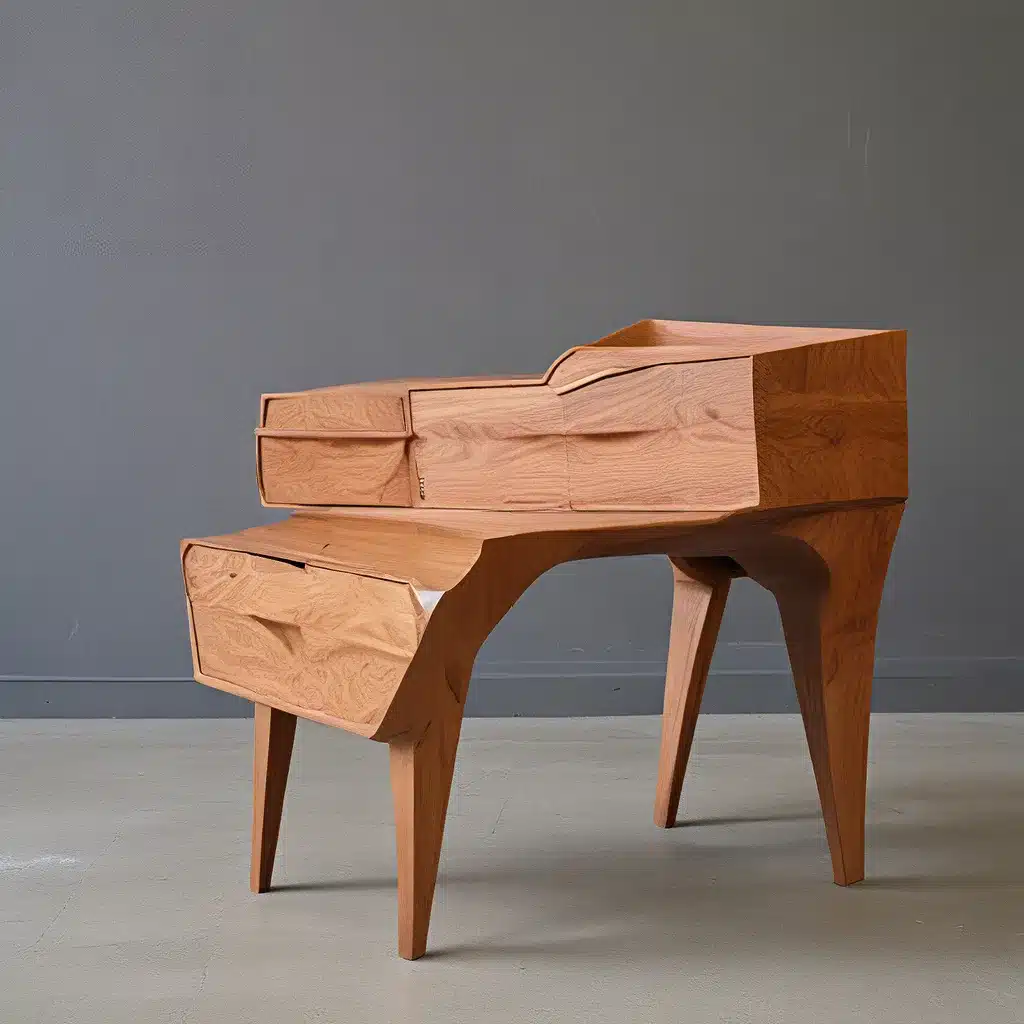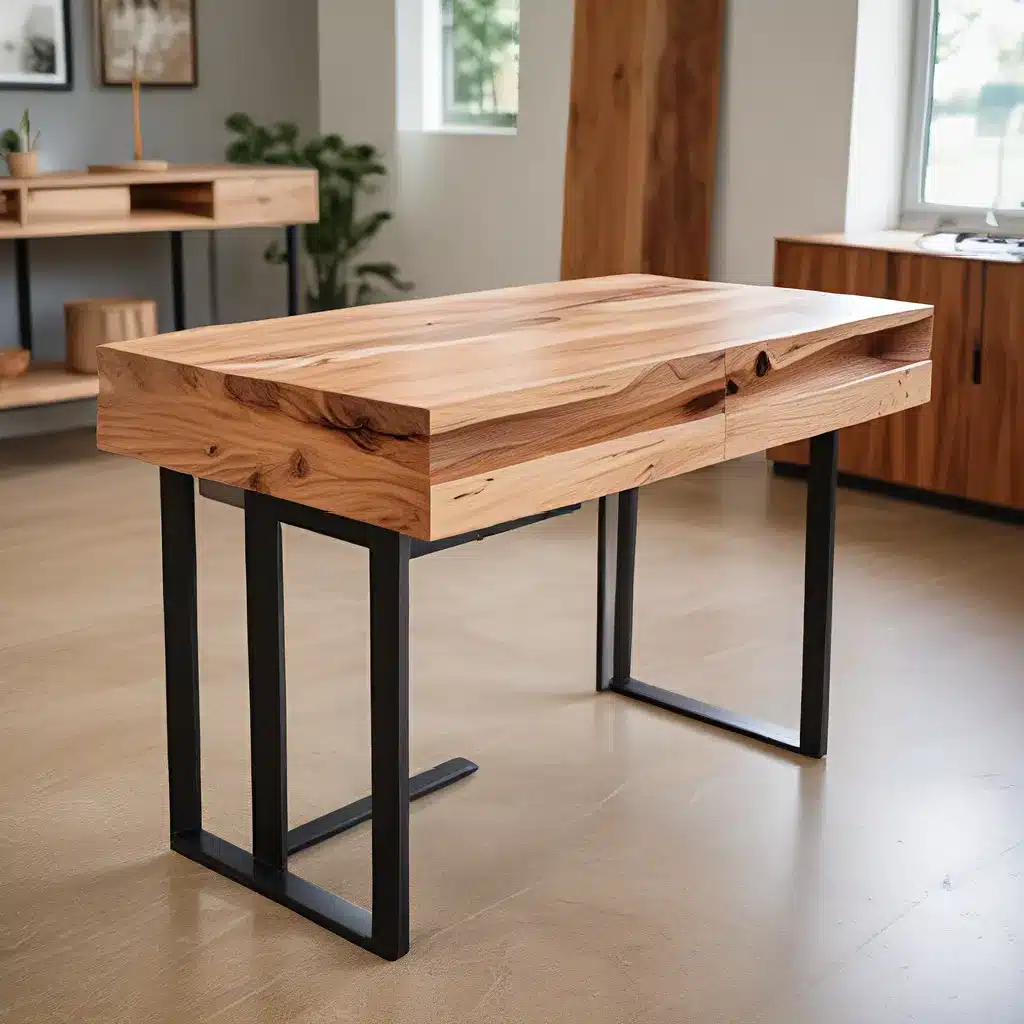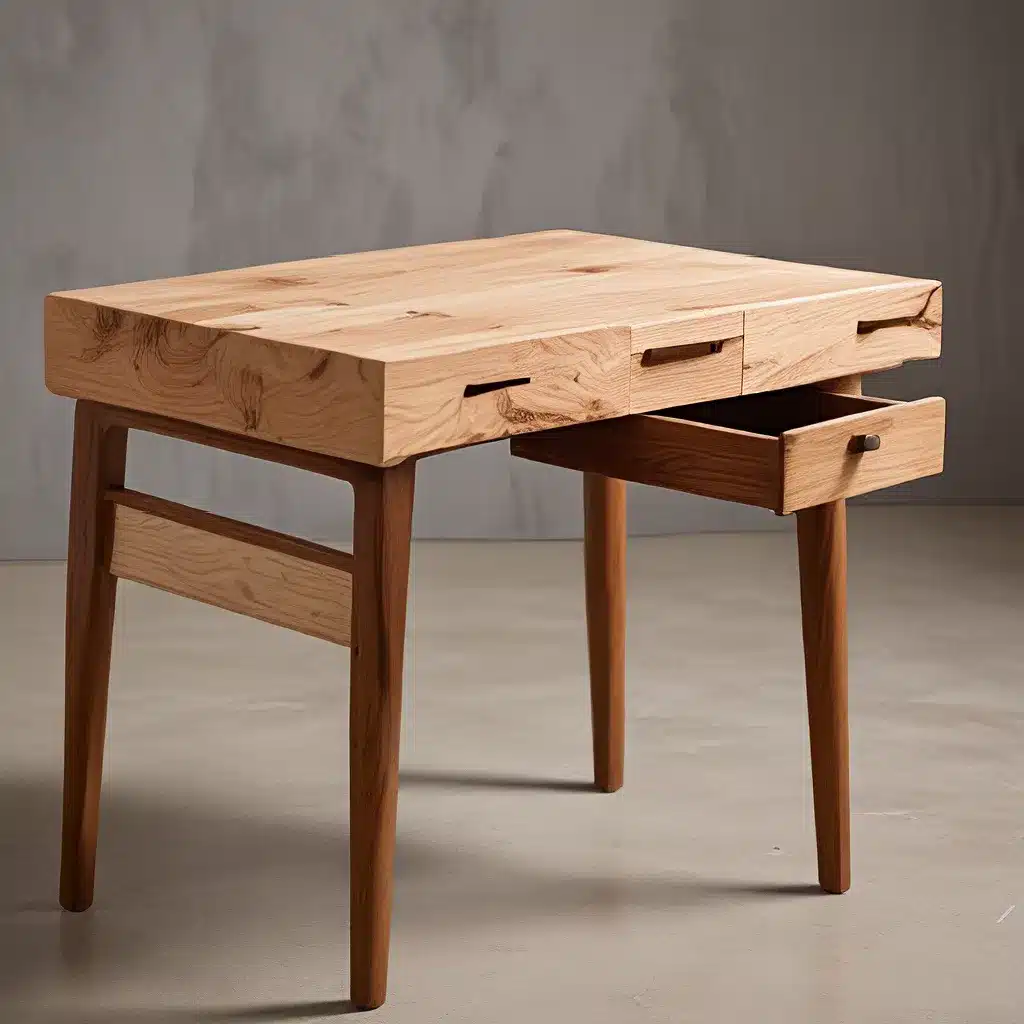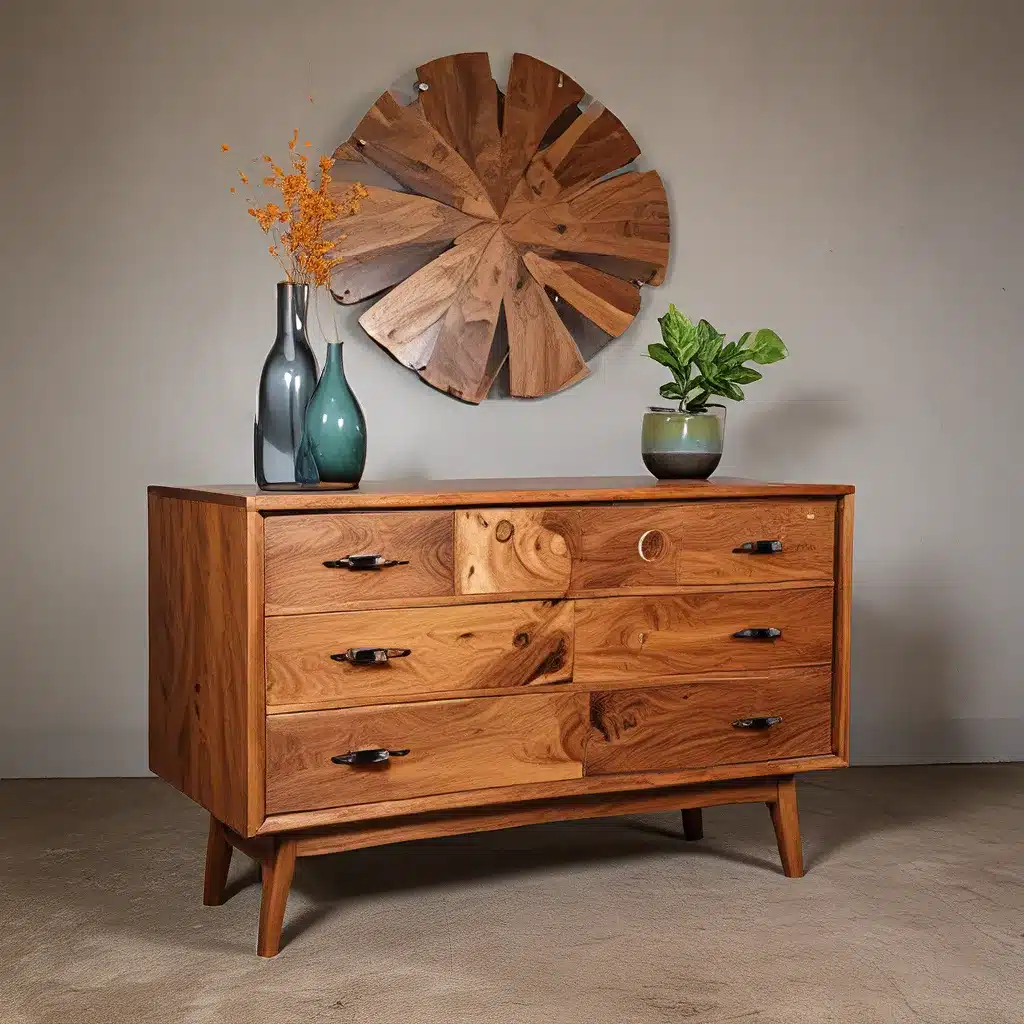
In a world consumed by mass production and instant gratification, the allure of handcrafted furniture stands as a beacon of authenticity, quality, and timeless beauty. Each piece, meticulously crafted by the skilled hands of artisans, tells a story – a tale of dedication, passion, and a reverence for the art of woodworking that has endured for centuries.
Unfinished Furniture is a sanctuary where this rich tradition lives on, a place where the enchanting imperfections of handcrafted furnishings are celebrated as a testament to their unique character and enduring appeal. In a world that often prioritizes uniformity and mass-market conformity, the beauty of imperfection shines through, inviting us to slow down, savor the moment, and embrace the inherent charm of the handmade.
The Artisan’s Touch: A Legacy of Craftsmanship
At the very heart of handcrafted furniture lies the artisan’s touch – a legacy of craftsmanship passed down through generations, each artisan adding their own unique imprint to the pieces they create. Unlike the soulless products churned out by machines, handcrafted furniture is imbued with the distinct personality and skill of the individual who meticulously shapes, carves, and finishes each component by hand.
This intimate connection between the craftsman and the material yields furniture of unparalleled quality and character. Every subtle variation in grain, every faint trace of the artisan’s tools, and every unique quirk or nuance becomes a cherished part of the piece, a testament to the human element that sets it apart from the cold, uniform creations of mass production.
Honoring Time-Honored Techniques
Handcrafted furniture is the embodiment of a tradition of excellence, rooted in time-honored techniques that have stood the test of time. From the precise joinery of dovetails and mortise-and-tenon to the artful carving of intricate details, every aspect of the crafting process reflects a commitment to quality and craftsmanship that has been perfected over centuries.
These techniques, passed down through generations of woodworkers, ensure that each piece is not only a feast for the eyes but also built to last for generations to come. The attention to detail and the meticulous care taken in the construction of handcrafted furniture are a testament to the enduring value of true craftsmanship – a reminder that in an age of disposable goods, some things are worth preserving and cherishing.
Celebrating Natural Beauty
One of the defining characteristics of handcrafted furniture is the use of high-quality natural materials that celebrate the inherent beauty of wood. Artisans carefully select each piece of lumber, meticulously examining its unique grain pattern, color, and texture, ensuring that no two pieces are exactly alike.
Whether it’s the rich warmth of walnut, the golden hues of oak, or the exotic allure of mahogany, these materials serve as the canvas upon which the artisan’s vision unfolds. The result is furniture that is not only structurally sound but also visually stunning, a harmonious blend of form and function that invites us to appreciate the natural world in all its magnificent glory.
The Beauty of Imperfection
In a world that often strives for uniformity and perfection, handcrafted furniture embraces the beauty of imperfection as a testament to the authenticity of the crafting process. From subtle variations in grain patterns to small knots and blemishes, these so-called “flaws” add character and uniqueness to each piece, reminding us of the human hands that shaped them.
Rather than seeking to erase or conceal these imperfections, the artisans at Unfinished Furniture celebrate them, understanding that it is these very quirks and nuances that make each piece truly one-of-a-kind. They invite us to embrace the inherent beauty of natural materials, to find joy in the subtle irregularities that make a piece truly special, and to see the world through a lens of acceptance and appreciation.
Balancing Tradition and Innovation
While handcrafted furniture pays homage to tradition, it also embraces innovation and contemporary design sensibilities. Artisans at Unfinished Furniture draw inspiration from a diverse range of influences, from classic styles like Shaker and Queen Anne to modern and minimalist aesthetics, creating pieces that are both timeless and relevant to today’s interiors.
By striking a delicate balance between tradition and innovation, these skilled craftsmen ensure that their creations transcend fleeting trends, offering a level of enduring appeal that mass-produced furniture simply cannot match. Whether it’s a sleek and modern dining table or a beautifully carved armchair, each piece reflects a synthesis of the old and the new, a harmonious blend of the time-honored and the cutting-edge.
The Personal Touch: Customization and Bespoke Design
One of the greatest joys of handcrafted furniture is the opportunity for customization and bespoke design. Unlike mass-produced furniture, which offers limited options for personalization, the pieces created by the artisans at Unfinished Furniture can be tailored to meet the specific needs, preferences, and dimensions of each individual client.
Whether it’s a custom dining table designed to fit a unique space or a one-of-a-kind cabinet crafted to showcase a treasured collection, the personal touch of bespoke design adds an extra layer of meaning and significance to each piece. Clients become collaborators in the creative process, working closely with the artisans to bring their vision to life and imbuing their homes with furnishings that are as unique and special as they are.
Sustainability and Ethical Practices
In an era increasingly concerned with environmental sustainability and ethical consumption, handcrafted furniture offers a compelling alternative to mass production. The artisans at Unfinished Furniture prioritize sustainability, sourcing materials responsibly and using locally harvested woods and eco-friendly finishes whenever possible.
By supporting small-scale independent craftsmen, consumers can feel confident that their furniture is not only beautiful and well-made but also produced in a manner that respects the environment and supports ethical labor practices. It’s a testament to the enduring value of a slower, more thoughtful approach to consumption – one that celebrates the beauty of the handmade and the importance of sustainable living.
Preserving a Legacy: Investing in Heirloom-Quality Furniture
In a world where disposable goods and fast fashion dominate the market, handcrafted furniture stands as a testament to a slower, more deliberate approach to consumption. By investing in heirloom-quality pieces crafted with care and attention to detail, consumers not only bring beauty and warmth into their homes but also contribute to the preservation of a rich cultural heritage.
Handcrafted furniture is more than just a functional object; it’s a legacy to be cherished and passed down through generations, a tangible reminder of the enduring value of craftsmanship and tradition. When you choose a piece from Unfinished Furniture, you’re not just buying a piece of furniture – you’re acquiring a work of art, a living embodiment of the skill, passion, and dedication of the artisans who poured their hearts into its creation.
The Enduring Appeal of Handcrafted Furniture
In a world driven by mass production and instant gratification, handcrafted furniture offers a welcome respite – a glimpse into a slower, more deliberate way of life where quality, authenticity, and beauty take precedence over quantity and speed. From the artisan’s workshop to the client’s home, each piece tells a story, a story of skill, dedication, and passion passed down through generations.
As we continue to navigate an increasingly complex and fast-paced world, let us not forget the timeless appeal of handcrafted furniture – the embodiment of craftsmanship, tradition, and enduring beauty. At Unfinished Furniture, we are proud to be a part of this legacy, offering our clients the opportunity to bring the soulful charm of the handmade into their homes and embrace the inherent beauty of imperfection in a mass-produced world.








